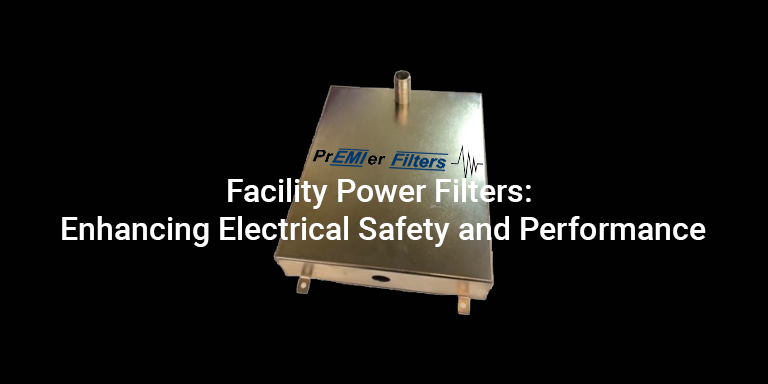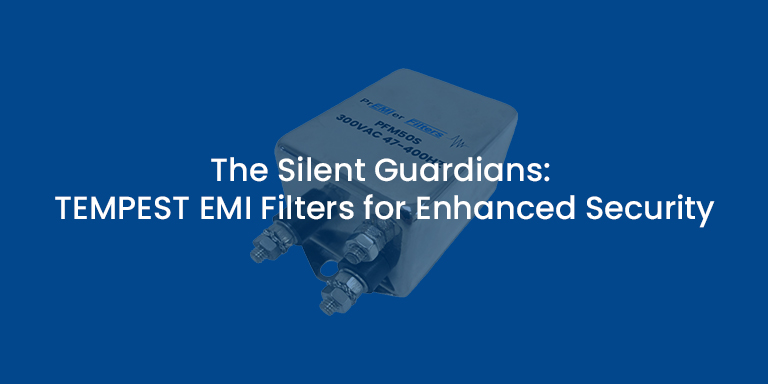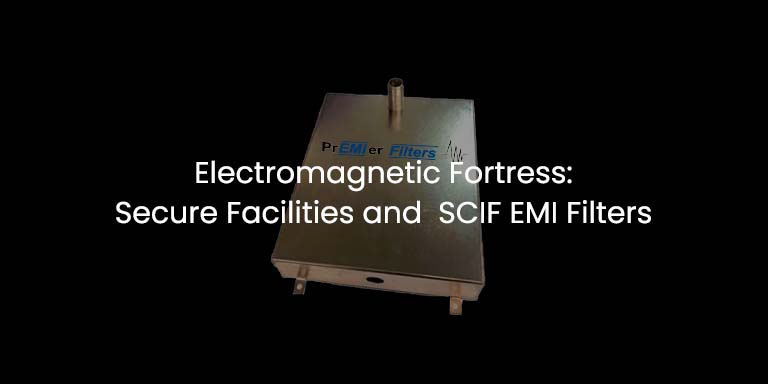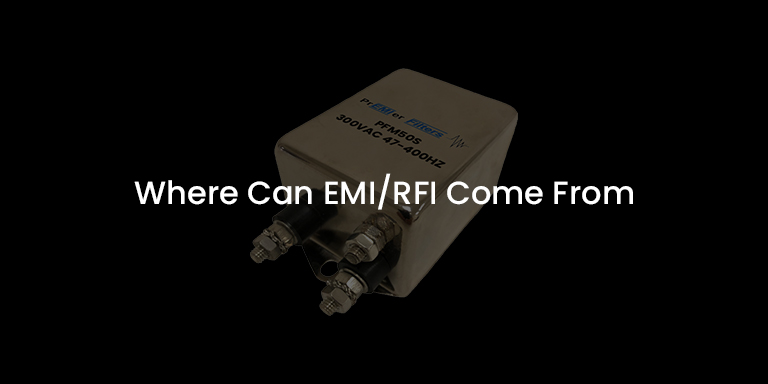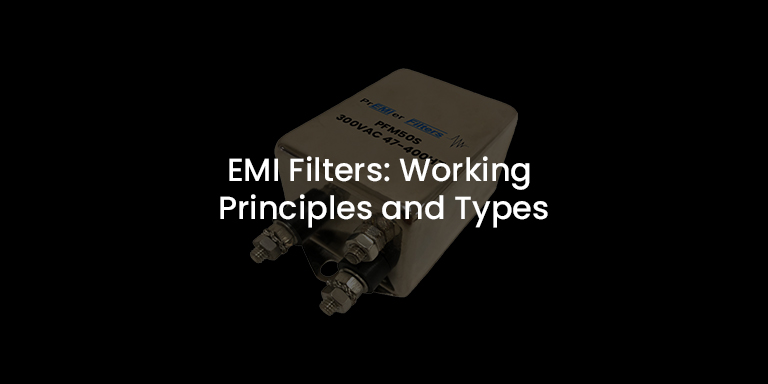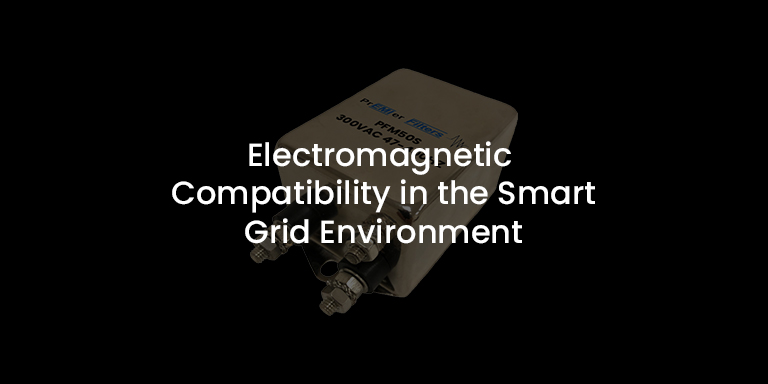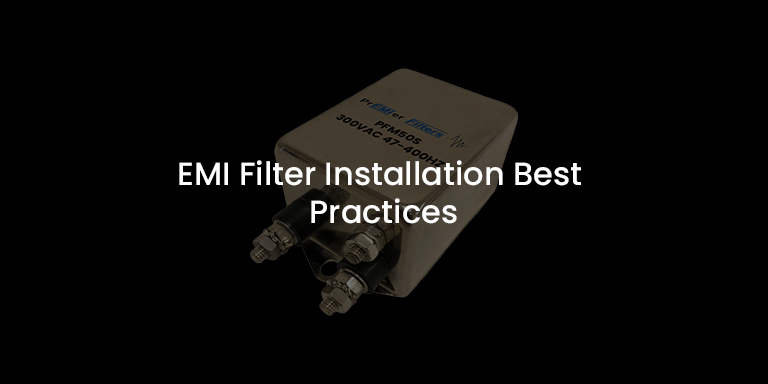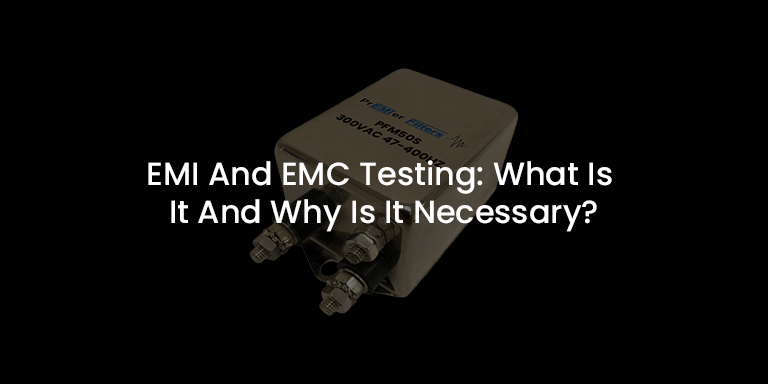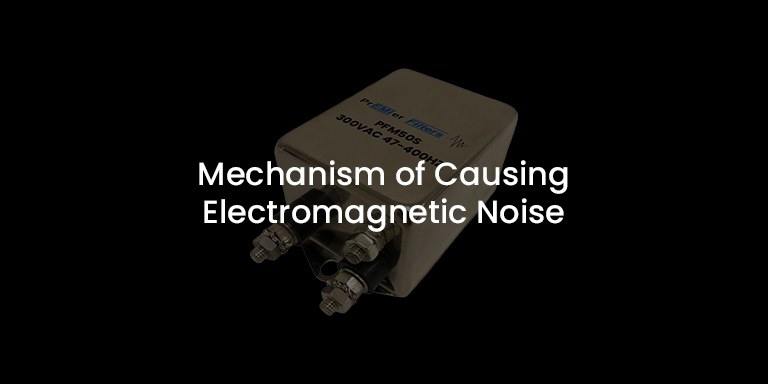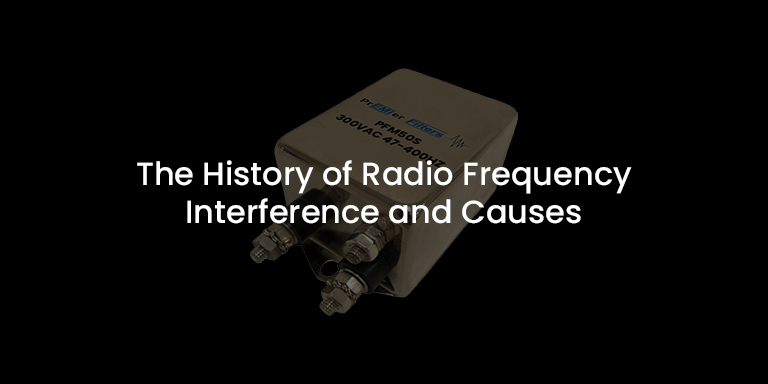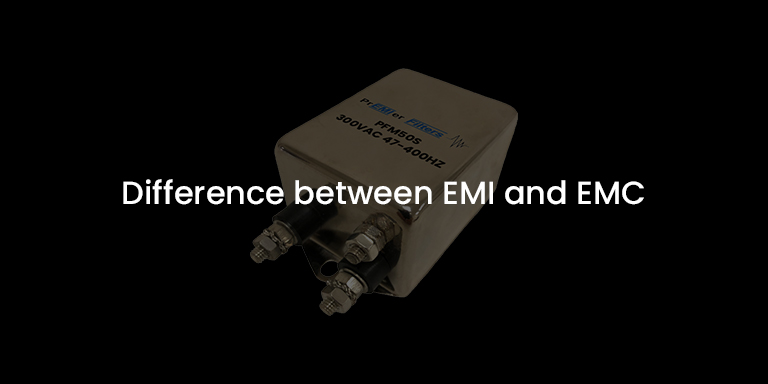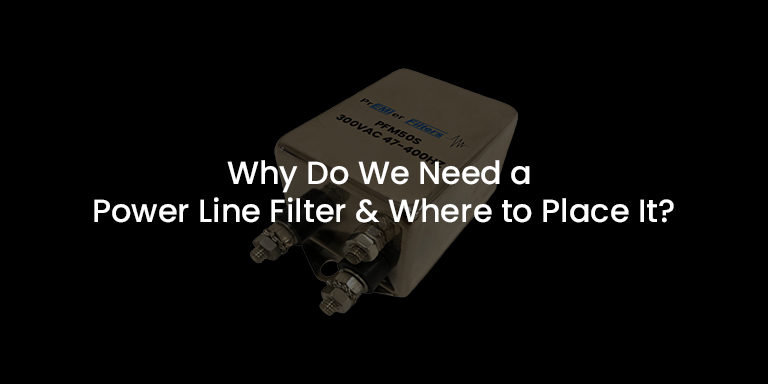EMI Filtering for High-Reliability Applications
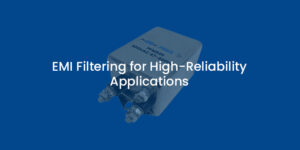

Signal transmission and integrity can be disrupted by electrical noise, or Electromagnetic Interference (EMI). This noise can be caused by natural and man-made sources. The primary area of concern is man-made noise created by high frequency switching circuits used to transform power and generate digital or logic and clock signals. An invaluable tool to reduce EMI and improve signal and circuit operational reliability is the implementation of EMI suppression filters. These filters primarily consist of passive elements such as inductors, capacitors, resistors, ferrite beads and transient suppressors.
Power line and signal filtering is required for all types of equipment and systems, such as military, commercial, industrial, laboratory and medical. EMI Power Line Filters are especially critical as they suppress noise from propagating out onto the power distribution system. They provide additional challenges as they are a safety critical item in which most environments require limitations on leakage current.
Medical devices require several design considerations especially for patient contact equipment. Stringent leakage current levels limit the line to ground capacitance that can be used placing greater importance on a filter’s inductive design. In addition, proper PCB layering, layout and bypass filtering is required to limit radiated noise that can couple into other equipment and their sensitive circuits. To ensure patient safety, global regulatory bodies impose strict limits on manufacturers and suppliers of medical devices which require the use of EMI filters that comply with these regulations.
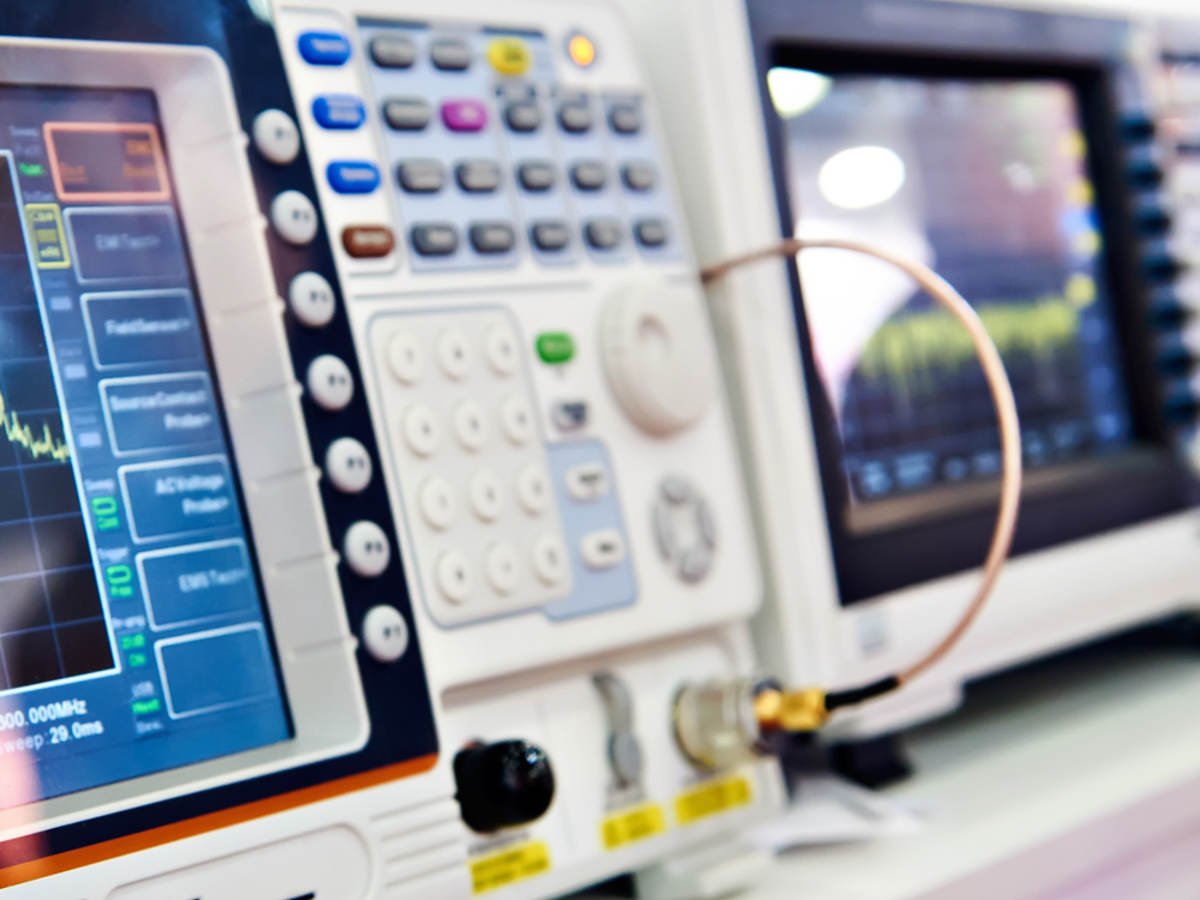
As with medical devices, products manufactured for aerospace and defense are required to comply with strict rules and regulations that govern all aspects of device performance, manufacturing, and testing. This is to ensure operation in severe environments and under HEMP/EMP threats. Governing standards include DO-160 and Mil-STD-461.
Regulations for commercial filters can vary worldwide, but for most countries they have been harmonized to the applicable CISPR and IEC standards. Power line conducted emission limits are specified for the frequency range 150Khz to 30Mhz. EMI Power Line Filters are required to meet these limits and can take the form of on-board discrete components or a single metal encased filter. Due to the frequency range, noise is primarily dominated by common-mode propagation, where aerospace and military specify a lower frequency of 10Khz, requiring both differential and common mode design.
Conclusion:
In conclusion, High-reliability electronic devices have challenging requirements that require increasingly complex EMI filtering. EMI noise levels and safety criteria are dictated by international standards that ensure a filter’s performance and reliability when designed into today’s sensitive electronic devices.

